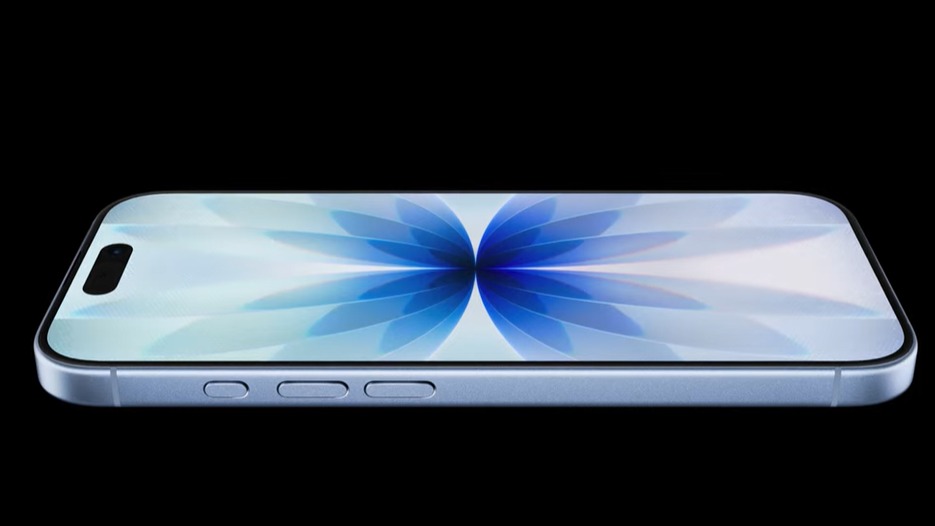The launch of the highly anticipated Apple iPhone 16 has been met with surprisingly low demand, raising concerns about the device’s market performance. In an unusual move, Apple is already offering discounts to its employees, allowing them to purchase the new iPhone immediately after its release.
Typically, Apple employees have to wait several weeks before they can buy the latest iPhone at a discounted price. However, the early availability of employee discounts for the iPhone 16 suggests that demand for the new model is weaker than expected.
Ming-Chi Kuo, a well-known Apple analyst, shared this information on Twitter, stating that the move is “not a good sign” for iPhone 16 demand. Kuo’s insights have sparked discussions about the potential implications of this development for Apple’s latest flagship device, as reported by Phone Arena.
QZ reports that pre-order figures for the iPhone 16 series further support the notion of lower-than-expected demand. According to data from Apple, pre-orders for the iPhone 16 have totaled 37 million units, representing a 12.7% decline compared to the pre-order numbers for the iPhone 15. The iPhone 16 Pro and Pro Max models have seen even steeper drops, with pre-orders falling by 27% and 16%, respectively, compared to their predecessors.
As Gigazine points out, tne significant factor contributing to the perceived weak demand is the delayed availability of Apple Intelligence, a major selling point for the iPhone 16. This advanced AI feature will not be accessible to users until October 2024, with further rollouts planned for later months. The staggered release of Apple Intelligence may be influencing consumer decisions, as many potential buyers could be waiting for the full features to be implemented before making a purchase.
The underwhelming response to the iPhone 16 reveal has also raised concerns about Apple’s stock performance. Analysts may adjust their price targets and financial expectations for the company as more data on iPhone 16 sales becomes available. The lower demand could potentially impact Apple’s overall market performance in the coming months.
It is worth noting that historical consumer behavior suggests that only 18% of consumers upgrade their iPhones due to new features. The majority of users tend to upgrade when their devices become outdated, stolen, or damaged. This pattern indicates that the lack of compelling new features and the delayed rollout of Apple Intelligence may be significant factors contributing to the current demand for the iPhone 16.
As the iPhone 16 continues its rollout and Apple Intelligence becomes more widely available, it will be crucial to monitor sales figures and consumer interest. Apple may need to consider strategies to boost demand for its latest flagship device. For now, the market response suggests a cautious outlook for the iPhone 16’s performance, and Apple will need to navigate these challenges to ensure the device’s long-term success.
[convertkit form=7086196]



























